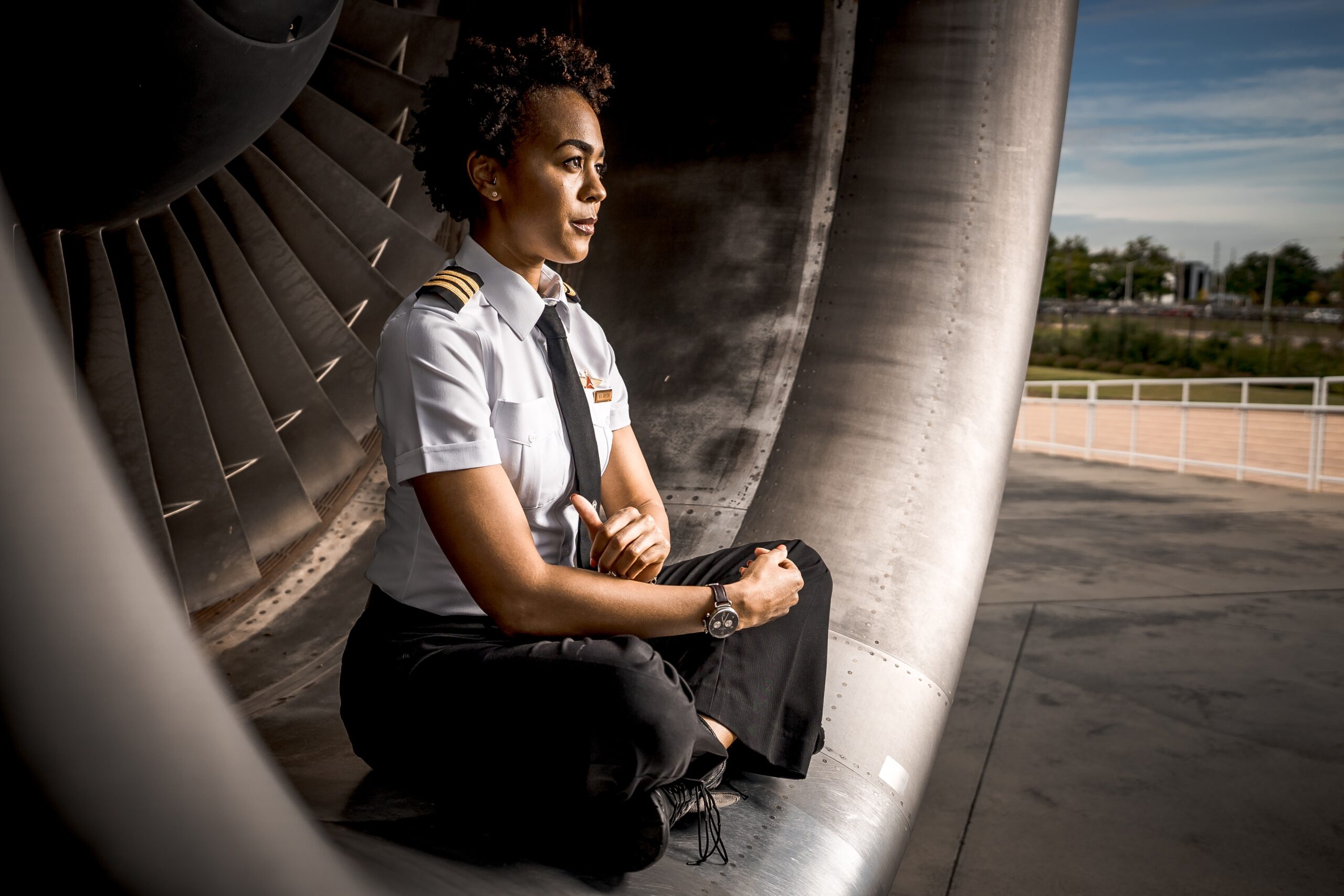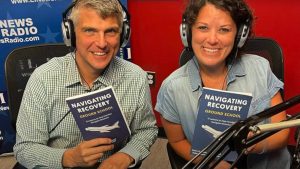
Case Study: The Pilot (Claire)
This case study of the pilot Case Study: The Pilot (Claire), who was an active airline pilot for a major national airline and was married with two children, shows that addiction is more difficult for these bird folks. She realized that she was drinking more during the day on her days off. During home games, she snuck drinks at her children’s soccer games or had a beer while she showered. She wasn’t sure if he has a problem with alcohol and just wanted to ask some questions. Since she was a pilot, she knew that if she talks to a doctor or saw a psychiatrist about his use, she’d be grounded immediately for up to two years and mandated to attend the FAA HIMS program.
Turbulence
Pilots are put in an impossible position. Every time they see a doctor, any kind of doctor, they must report this to the FAA every six months. Failure to report seeing a doctor is a federal crime. I can result in the loss of their license to fly. A pilot also knows that once they report a doctor’s visit, the FAA can request the medical records.
Pilots know that if they see a psychiatrist and talk about depression or drug use, the FAA will find out. If a pilot wants to go on an antidepressant, they will be grounded for months. In the event that a pilot shares thoughts of suicide, forget it. The FAA is going to ground that pilot for a very long time, if not indefinitely.
Pilot careers and incomes are dependent on them appearing perfect to the FAA. A pilot who questions if they have a problem with addiction either has to recover on their own, in silence, or jeopardize their career. It’s a tough situation.
Claire often drank on overnights. Free of the stress of being at home with her kids, she enjoyed the time in hotels. The FAA rule is 12 hours between a drink and flying an airplane. Two shifts of pilots are often in a hotel at one time, with one group usually checking in around 3 PM and the other group late at night. That second group of pilots may not fly until 3 or 4 PM the next day. Both pilots that check in early and pilots that check in late have plenty of time to drink and still be clear of the FAA rule.
Claire knew that she didn’t want to come forward to her airline. She thought that she could get her drinking under control, especially since she had never crossed the 12 hour rule. She believed that her drinking was not interfering with her job, so no one needed to know about it.
I took a deep look at Claire’s drinking. She certainly drank too much, but he was also addressing the problem proactively. Recovery Coaching is outside the purview of the FAA and is not required to be reported.
Through a 90 day coaching program, Claire set specific goals to reduce her drinking. Ultimately, she chose to become sober. By taking action, Claire was able to get her drinking under control and avoid any damage to his career at the airline and avoid a reportable health condition to the FAA.
About Adam Banks
Adam Banks is a certified interventionist and the owner of Adam Banks Recovery. After receiving an MBA from the University of Chicago, Adam built a company that was later acquired by United Health Care. His discipline and attention to detail comes from his former career as an airline pilot, holding an ATP, the FAA’s highest license.
Today, Adam is dedicated to helping others achieve long-term sobriety. His work has guided executives, pilots, and physicians on paths to recovery. Adam brings families together through a loving and inclusive approach.
Adam has authored four books on addiction. His recent work, Navigating Recovery Ground School: 12 Lessons to Help Families Navigate Recovery, educates families on the entire intervention process. He also offers a free video course for families considering an intervention for a loved one.
Adam is available for alcohol and drug intervention services in New York, Long Island, the Hamptons as well as nationally and internationally.




